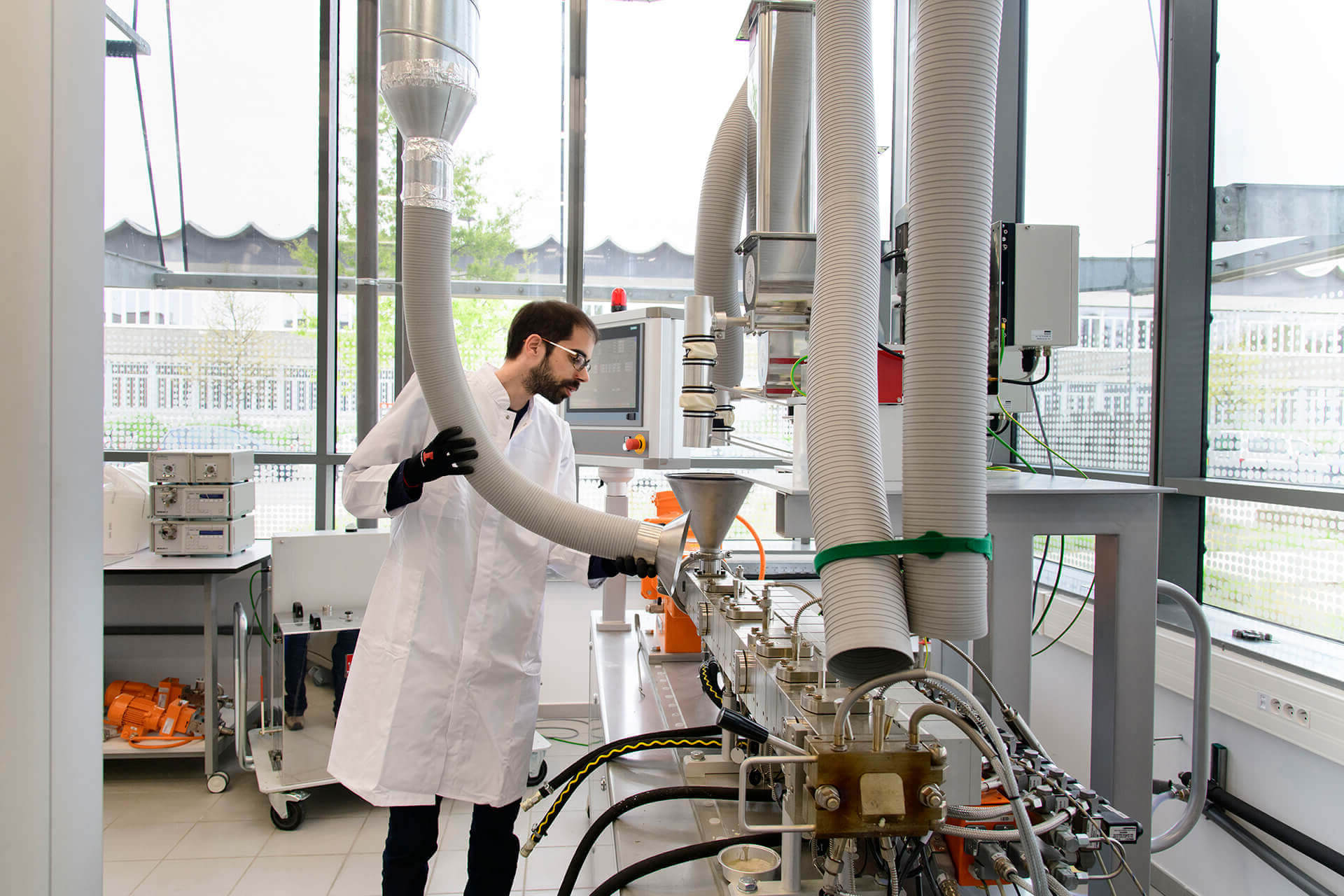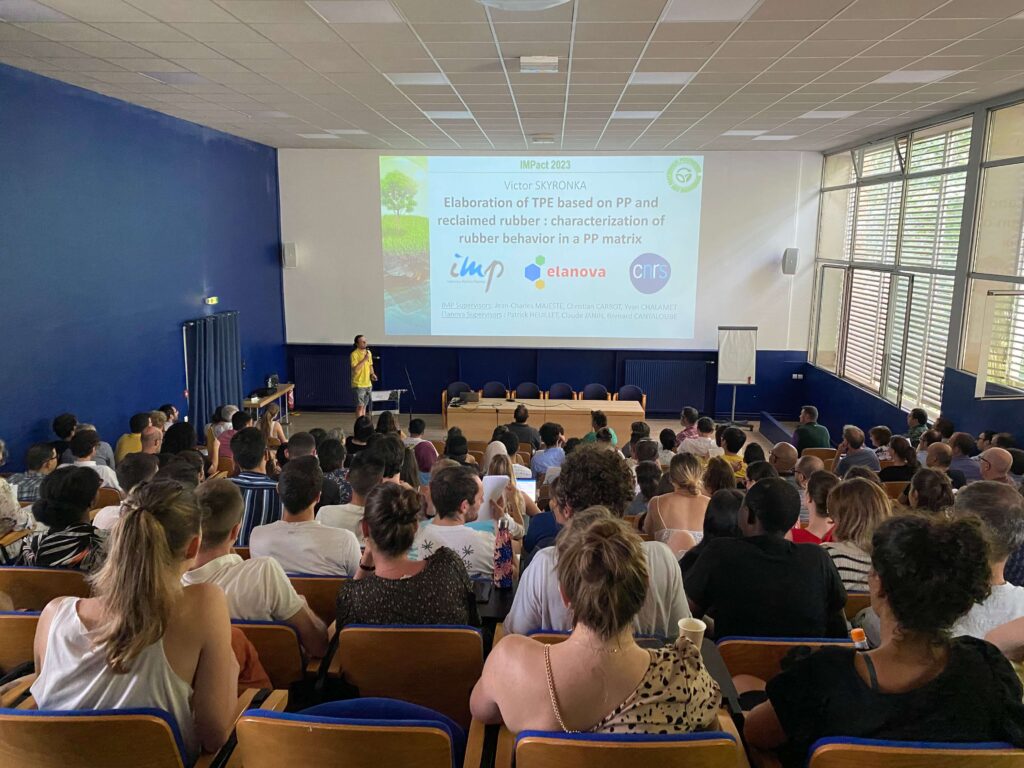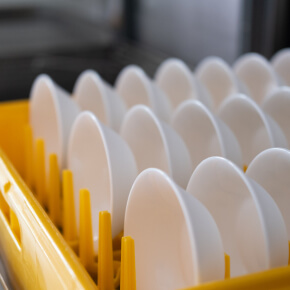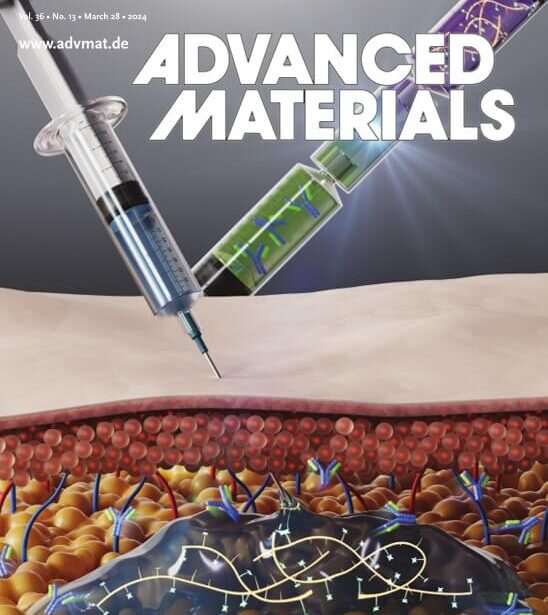
Unité Mixte de Recherche 5223 sur les matériaux polymères sous les tutelles du CNRS, de l’INSA de Lyon, de l’Université Claude Bernard Lyon 1 et de l’Université Jean Monnet Saint-Étienne

Une unité de recherche unique en France
L’IMP affiche une structuration qui met en valeur son double savoir-faire par 4 pôles de compétences et par sa capacité à coordonner ses différentes expertises scientifiques au sein de deux pôles interdisciplinaires.
Pôles
L’IMP est organisé en 4 pôles disciplinaires et 2 pôles de recherche interdisciplinaires.
Pôles
L’IMP est organisé en 4 pôles disciplinaires et 2 pôles de recherche interdisciplinaires.
Chimie des polymères
Structure et rhéologie des polymères, procédés et modélisation
Polymères pour le développement de matériaux à faible impact environnemental
Physico-chimie des polymères
Physique des polymères
Matériaux polymères à l’interface avec les sciences de la vie

QUIET met au point une vaisselle silencieuse en partenariat avec des chercheurs de l’IMP

Des recherches de l’IMP mises en avant par Advanced Materials

Aurore Jullin remporte le concours photos du CTµ

Soutenance de thèse Laurent REMY
& post-doctorants
Newsletter
Inscrivez-vous à notre newsletter pour ne rien manquer de nos actualités
Rejoindre l’IMP
Vous souhaitez travailler dans un laboratoire de recherche publique sur les polymères, une offre d’emploi ou de stage vous intéresse,
consultez nos offres